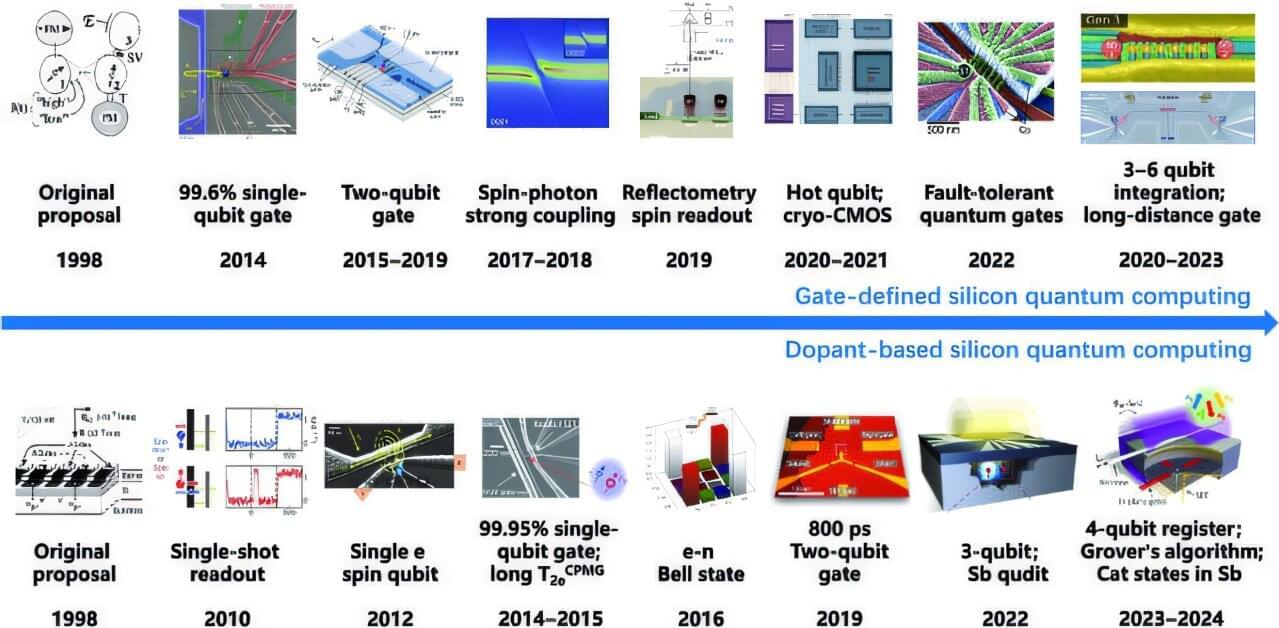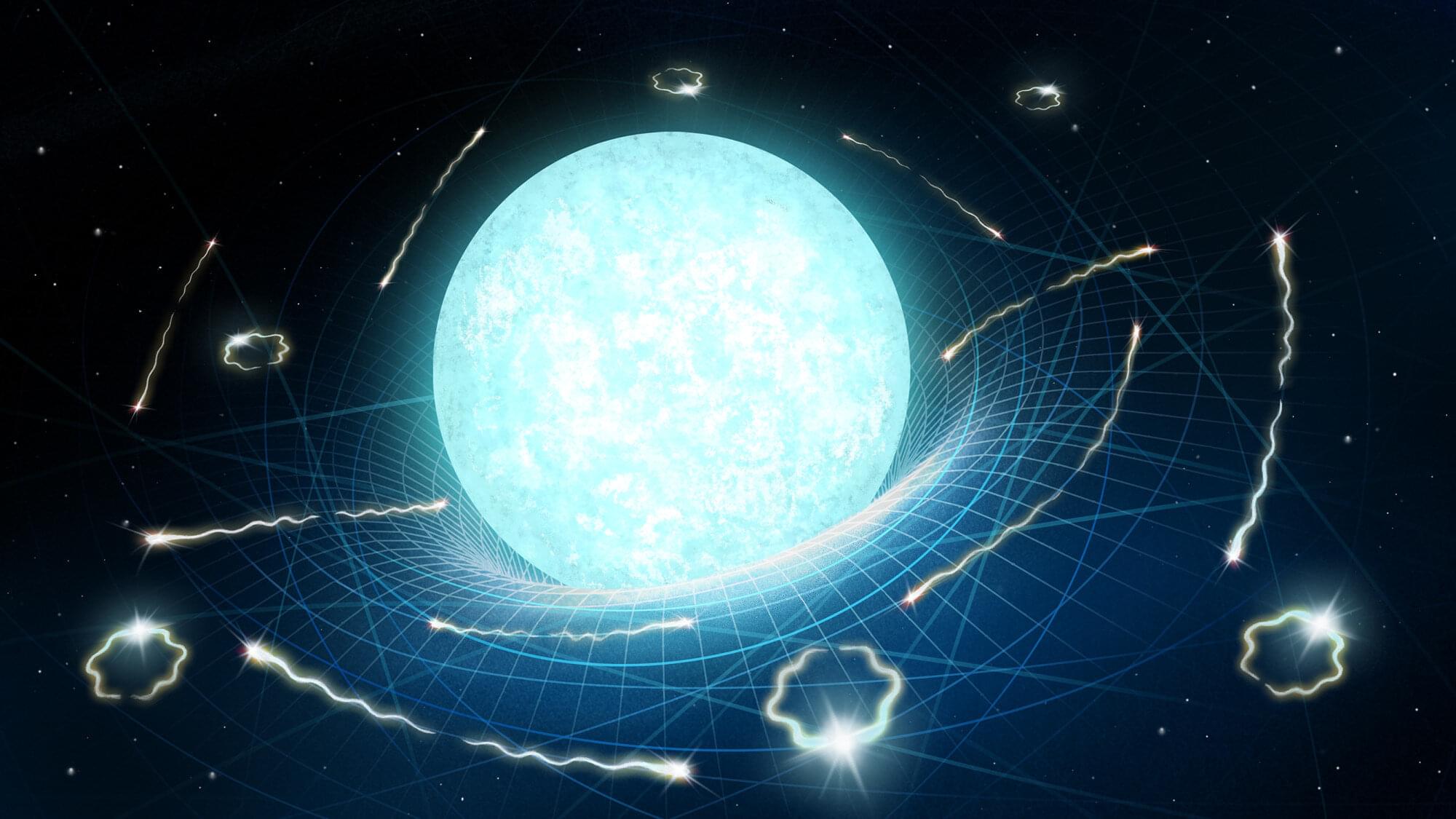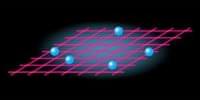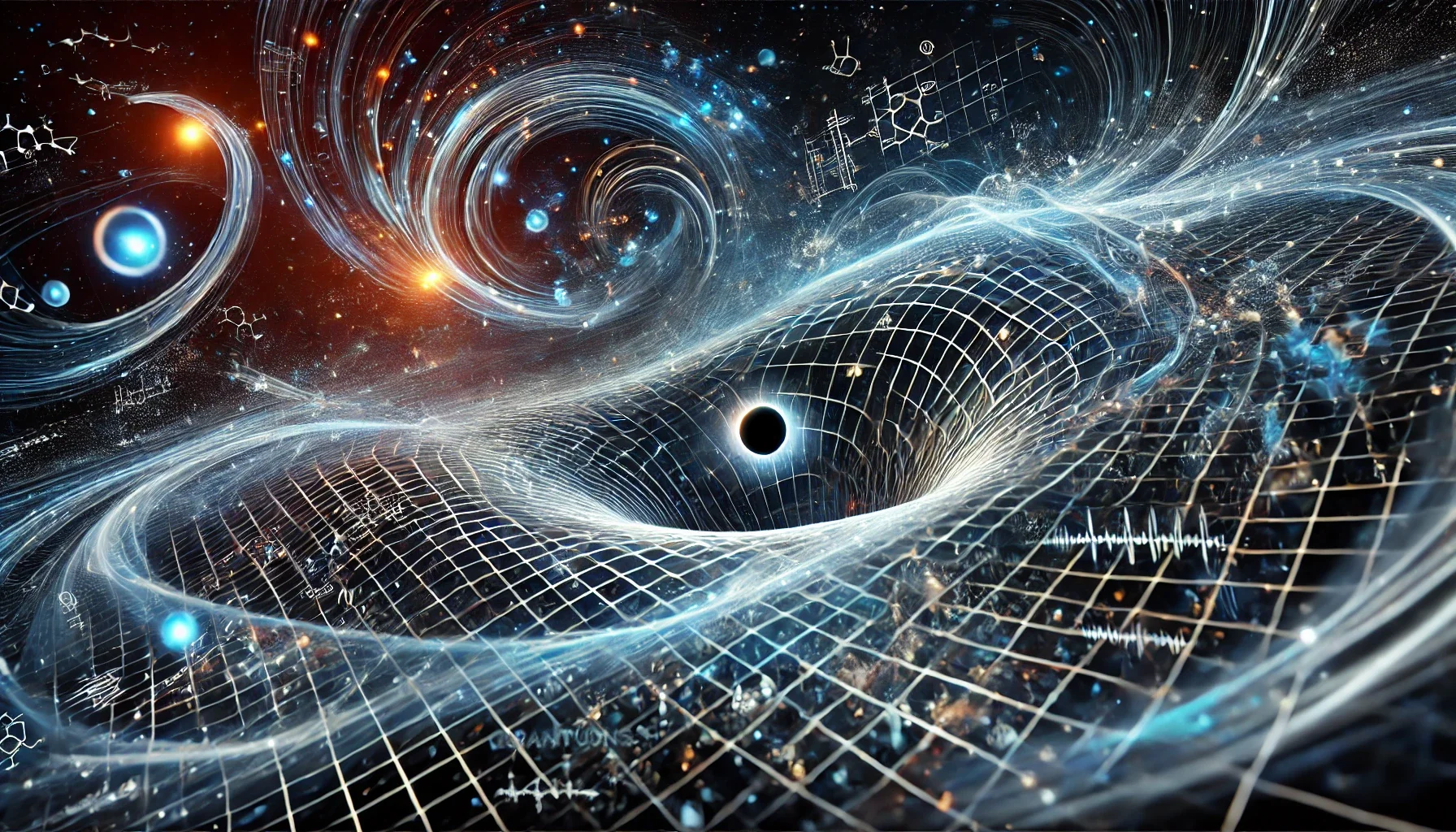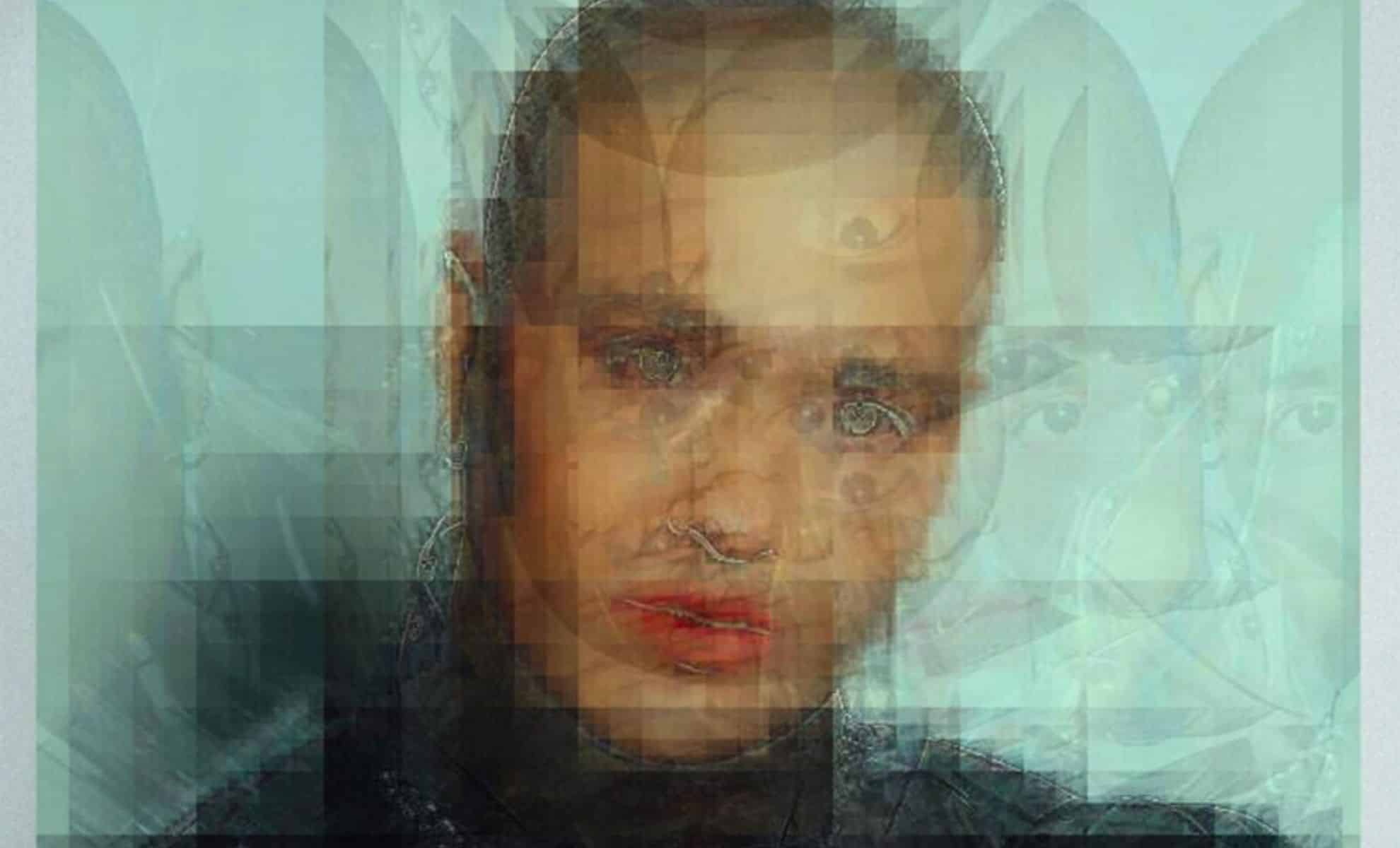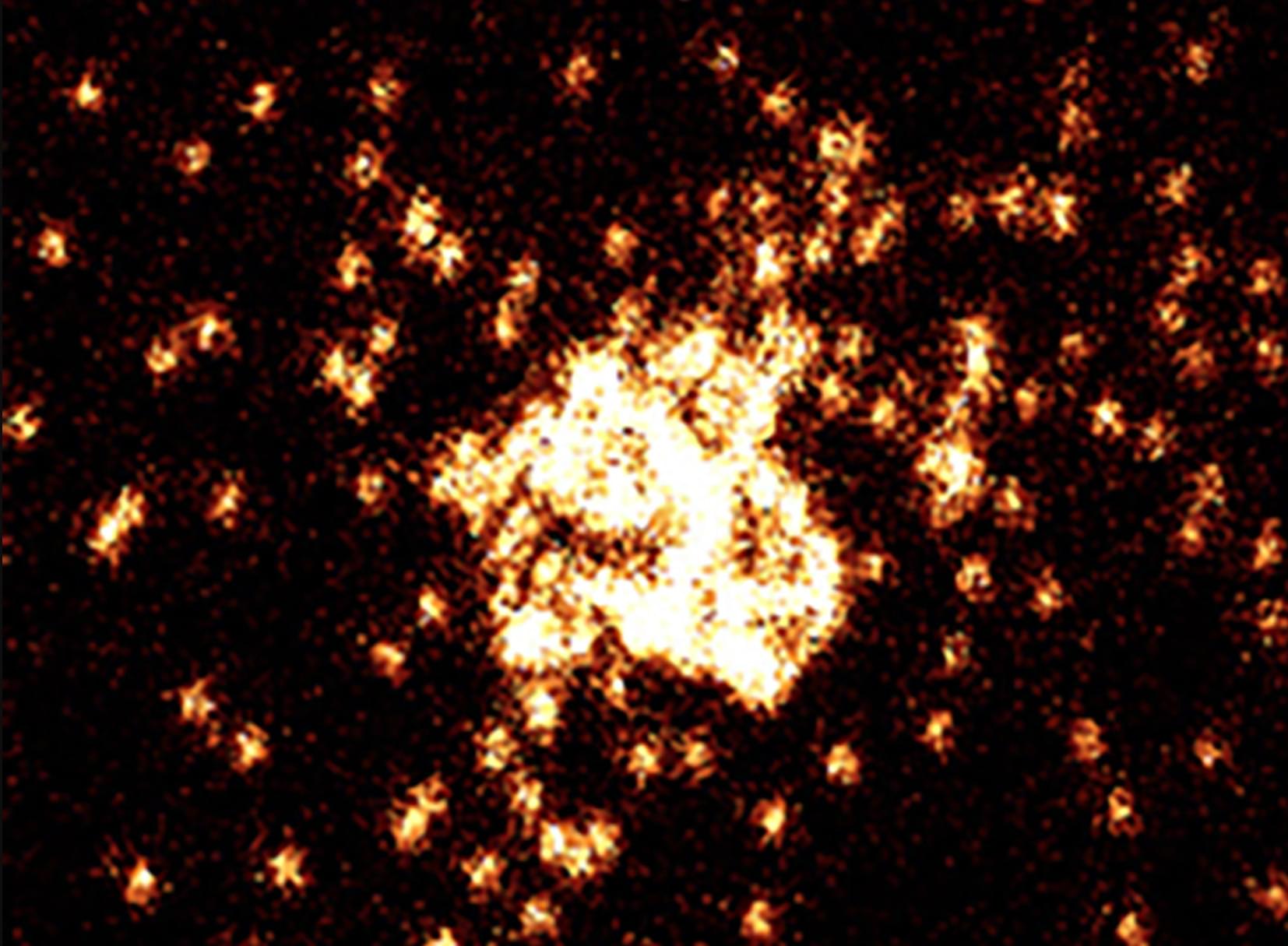The notion that the quantum realm somehow sits sealed off from the relativistic domain has captured popular imagination for decades. Perhaps this separation is comforting in a way, because it assigns neat boundaries to a notoriously complex theoretical landscape. Yet, a careful look at both cutting-edge research and historical development suggests that no such invisible barrier actually exists. Early quantum pioneers such as Planck (1901) and Heisenberg (1925) laid foundations that seemed confined to the minuscule domain of atoms and subatomic particles. Before long, Einstein (1916) showed us that gravity and motion operate in ways that defy purely Newtonian conceptions, especially at cosmic scales. Despite the apparent chasm between the quantum and relativistic descriptions, threads of continuity run deeper than we once imagined. The famous energy discretization proposed by Planck was intended to solve classical paradoxes at microscopic scales, but the fundamental constants he unveiled remain essential at any size, linking the behavior of infinitesimal systems to grand cosmic events.
Modern experiments push this continuity further into the mainstream conversation. Quantum coherences documented in biological processes illuminate the reality that phenomena once labeled “strictly quantum” can permeate living systems in everyday environments (Engel et al., 2007). Photosynthesizing cells exploit wave-like energy flows, migratory birds appear to navigate using subtle quantum effects, and intriguing evidence suggests that neuronal microtubules might process information at scales once deemed too large for quantum behavior (Hameroff, 1998). If relativity reliably predicts how massive objects curve spacetime, and quantum theory demonstrates how particles and fields manifest as discrete excitations, then the missing piece in unifying these perspectives may hinge on the realization that neither domain is airtight. We stand on a continuum of phenomena, from photosynthetic molecules absorbing photons to astrophysical bodies warping spacetime.
